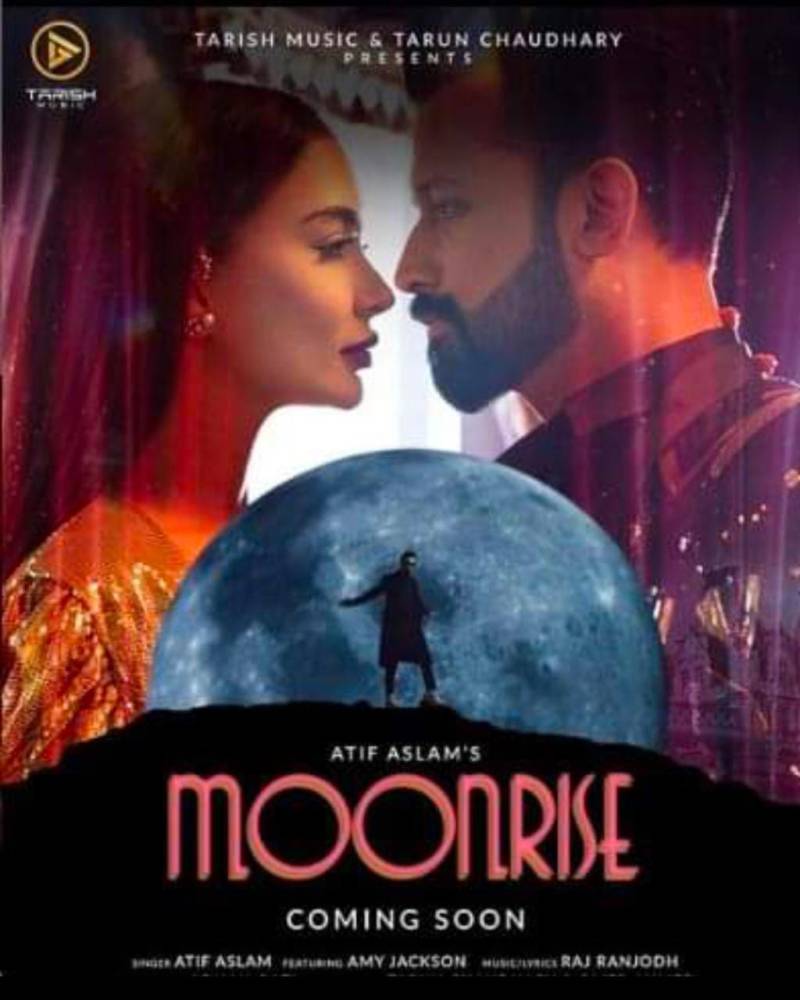Exploring Sylvester Stallone's Sole Directing Effort Outside Of His Acting Career

Table of Contents
The "Rocky" and "Rambo" Shadow: Understanding Stallone's Limited Directing Portfolio
Sylvester Stallone's primary focus has undeniably been on acting. While possessing undeniable creative vision, as evidenced by his control over the narratives and characters in his most famous franchises, he largely eschewed a full-fledged directing career. Several factors likely contributed to this decision. The immense success of Rocky and Rambo cemented his status as a bankable star and powerful producer, granting him substantial creative control even without directing duties.
- His strong actor/producer role in his most successful films (Rocky, Rambo): Stallone's influence extended beyond the screen through his producer roles, allowing him to shape the creative direction of his projects without the added responsibility of directing.
- The creative demands and time commitment involved in both acting and directing: The dual roles demand an extraordinary time commitment and could potentially lead to creative burnout or compromise the quality of both aspects.
- The potential risks of jeopardizing his acting success by fully embracing directing: A failed directing venture could potentially have damaged his reputation as a leading man, something he wisely avoided.
"Driven": A Deep Dive into Stallone's Independent Directorial Venture
In 2001, Sylvester Stallone stepped behind the camera for Driven, a high-octane racing drama marking his sole independent directorial effort outside of his own acting projects. The film, a blend of action, drama, and a touch of noir, follows the tumultuous life of Joe Tanto, a struggling race car driver seeking redemption and success.
- Casting choices and their impact on the film's reception: The film featured a cast including Burt Reynolds and Kip Pardue, however, the casting choices didn't translate into critical or commercial success.
- The film's box office performance and critical reviews: Driven underperformed at the box office, failing to recoup its budget and receiving largely mixed to negative reviews. Critics often cited a predictable plot and uneven pacing.
- Analyze specific aspects of the film's direction: Visually, Driven showcased Stallone's understanding of capturing the thrill of high-speed racing. However, the narrative structure and character development fell short of expectations.
Analyzing the Critical Reception of "Driven" and its Impact on Stallone's Directing Career
The critical and audience response to Driven was largely underwhelming. While some praised the film's action sequences and certain performances, many criticized its predictable storyline, underdeveloped characters, and uneven pacing. The film's box office failure further cemented Stallone's focus on acting.
- Positive aspects of "Driven": The action sequences, particularly the race scenes, were generally well-received for their intensity and realism.
- Negative criticisms levelled at the film: The plot's predictability, underdeveloped characters, and uneven pacing were frequent criticisms.
- How the film's reception affected Stallone's career trajectory: The lukewarm reception of Driven likely solidified Stallone's decision to focus primarily on acting, producing, and occasionally directing films in which he stars.
Comparing "Driven" to Stallone's Acting Style and Creative Control
A comparison between Driven and Stallone's acting roles reveals interesting similarities and differences. While Driven lacks the iconic characters that define his acting career, it still exhibits a certain cinematic toughness and focus on visceral action—stylistic elements common throughout his other work.
- Examination of themes and character development: While Driven's character development was criticized, the film does explore themes of redemption and ambition—elements frequently present in Stallone's acting roles.
- Comparison of the action sequences and overall pacing: Driven's action sequences, while well-executed, lacked the emotional weight and character-driven intensity found in the Rocky and Rambo films.
- Discussion of the narrative style and overall cinematic choices: Stallone's directorial choices in Driven reflect a more straightforward, less nuanced approach compared to the layered narratives often seen in the films he stars in.
Conclusion
In summary, Sylvester Stallone's directing career, outside of his own acting projects, largely consists of the single film, Driven. While this independent venture showcased his ability to direct action sequences effectively, it ultimately failed to meet critical or commercial expectations, potentially contributing to his continued focus on his acting career. Exploring Sylvester Stallone's directing career reveals a fascinating case study in an artist who mastered one craft while only briefly exploring another. The limited scope of his directing work remains a notable aspect of his overall contribution to the film industry. Delve deeper into the fascinating, yet limited, world of Sylvester Stallone's directing career and share your perspectives in the comments below!

Featured Posts
-
 Shifting Border Enforcement Fewer Arrests More Rejected Entries
May 12, 2025
Shifting Border Enforcement Fewer Arrests More Rejected Entries
May 12, 2025 -
 Hamas Hostage Edan Alexander Family Reaction And International Efforts
May 12, 2025
Hamas Hostage Edan Alexander Family Reaction And International Efforts
May 12, 2025 -
 The Debbie Elliott Story A Journey Through Her Life And Work
May 12, 2025
The Debbie Elliott Story A Journey Through Her Life And Work
May 12, 2025 -
 Tam Krwz Ky Nyy Mhbt 36 Salh Adakarh Ke Sath Rshth
May 12, 2025
Tam Krwz Ky Nyy Mhbt 36 Salh Adakarh Ke Sath Rshth
May 12, 2025 -
 Onex Investment In West Jet Fully Recovered Through Sale Of 25 Stake
May 12, 2025
Onex Investment In West Jet Fully Recovered Through Sale Of 25 Stake
May 12, 2025
